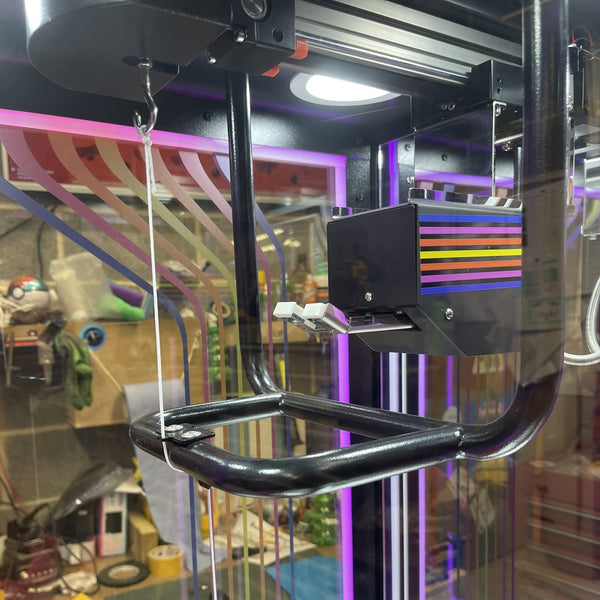
How to Calibrate a Fantastic Prize Skill Cut Machine
Calibrating a skill cutting game is crucial to the success of the...
Posted
Today’s amusement arcades feature a variety of coin-operated games such as video games, pinball machines, prize vending, redemption games, virtual reality games (VR) and games of skill or chance. The history of arcade machines, also know in the industry as coin-op, dates back to the late 19th and early 20th centuries when mechanical games were first introduced to the public.
Sign up to our newsletter for offers, latest news and blog releases.
Many experts say that Sittman and Pitt, two New Yorkers, created the first gambling slot machine in 1891. Others think that the father of slot machines was Charles Fey with his Liberty Bell. The Sittman and Pitt slot machine had five drums and fifty card faces. It quickly grew popular with bar owners in the USA. This machine didn't have an automatic pay out mechanism though. The Liberty Bell, created in 1894 by Charles Fey, was the first type of modern mechanical slot machine. These machines were soon called fruit machines or one-armed bandits. Their popularity set the bench mark for the modern slot machine with three reels. It is still used today even though there have been massive advances in the technology of slot machines over the decades.

In the early 1900s travelling carnivals and funfairs had amusement rides and games of chance and skill. These were the forerunners of many amusement games we see today in arcades. The earliest known amusement machine was the Galloping Horse Trolley developed by Frederic Thompson and Elmer Dundy in 1902. The game had a large mechanical horse that moved along a track. It was operated by inserting coins into a slot. The game was installed at Coney Island, a popular amusement park in New York City and was a great success. Following the success of the Galloping Horse Trolley, many other mechanical games were developed and installed in amusement parks and arcades.

In the UK the first known coin-operated game was created in the late 19th century. The game, called "The Old Man and the Sea," was developed by William Gray. It was installed in Blackpool a popular seaside resort in the north west of England. In the early 20th century, mechanical games such as shooting galleries, ball toss games and other coin-operated games became popular in amusement arcades. These early amusement arcades were often located in seaside resorts or other tourist based areas, and were a popular form of entertainment for people on holiday.

Machines that we call pinballs appeared during the early 1930s as counter top games. It was not until 1936 that the name pinball was used. The player needed to score the top amount of points they could using a ball to hit the markers and lights. Eventually the ball went into a hole or side guttering which ended the game. The game was popular with young people, but was considered a game of luck and a gambling device, and banned in many countries. In 1935 Gottlieb launched an electro-mechanical standing version of Baffle Ball which paid out money. There was an issue with balls coming to a standstill on the playfield and players would lift and shake the units to move them, but a tilt mechanism was invented in 1934 and solved the issue.
The early pinball machines were battery operated but by 1934 they were redesigned and powered from by electric. A variety of new sounds effects, music, lights, lightend back glass and other features could now be built in the unit, now there was the power to run them. The pinball bumper was invented in 1937 and the side flipper was first seen in a pinball game called Humpty Dumpty in 1947. This pinball had six flippers (three on each side).
In the early 1950s pinball machines began to include separate lights behind the glass scoreboard and the first two player games were introduced.
Digital scoring was on a pinball machine in 1966. In 1975, the first solid-state electronic pinball machine was released. The first video screen was on a machine in 1998, the "Pinball 2000" series machines.
Today, pinball games are developed using software to be used with computers, hand held and gaming devices.

In the 1970s amusement arcades began to change from having mechanical games to electronic games and this led to the popularity of the video game.
Early video games ran on computers and had been developed in the 1950s. The first video game to spread beyond a single computer install was Spacewar in 1962. It was developed on a mainframe computer by students and teachers. It quickly spread to other mainframe computers in other schools.
In late 1971 Nolan Bushnell was working with Ted Dabney and Nutting Associates and developed the game Computer Space which ran on a small computer. More than 1300 of these game units were sold - this proved their was potential for coin-operated computer games.
Bushnell got the idea for his next game following a demo of a table tennis game, the first home video games console. Bushnell and Dabney moved away from working with Nutting and instead formed Atari Inc. In August 1972 the game Pong was first released – it was then given a wider release by March of the next year. Pong was incredibly successful and from there many other coin-operated manufacturers tried to ride on the wave of success of the new arcade games; this included Taito and Sega.

By December 1974 over fifteen companies in the United States and Japan were developing arcade games, improved by the use of microprocessor technology.
Find out more about the video arcade game revolution.
Coin-op arcade machines are still popular today across the world. Often the arcade machines are situated in amusement arcades, cinemas, family fun centres and shopping centres.
While video games continue to be a popular feature of modern amusement arcades, venues now offer a mix of mechanical and electronic games, along with large redemption entertainment machines, pusher machines, Maxxgrab prize claw machines, prize vending units, video bowling and virtual reality (VR).
Before you leave, check out our selection of Retro arcade machines too!

Sign up to our newsletter for offers, latest news and blog releases.

Calibrating a skill cutting game is crucial to the success of the...
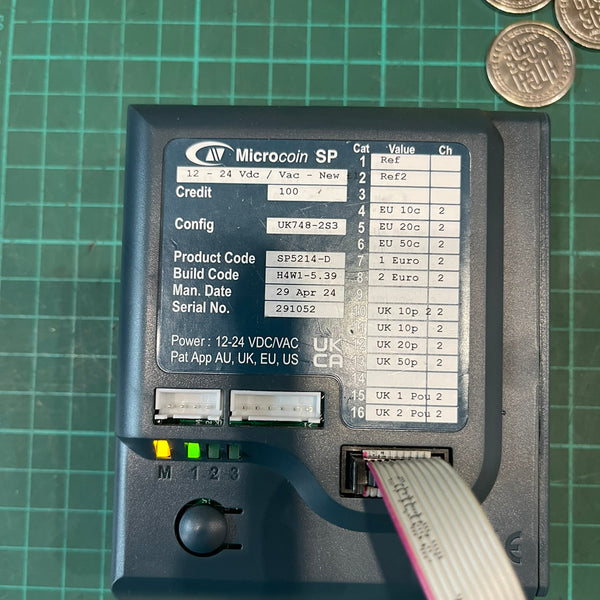
Make sure your mech has power. You should see the...
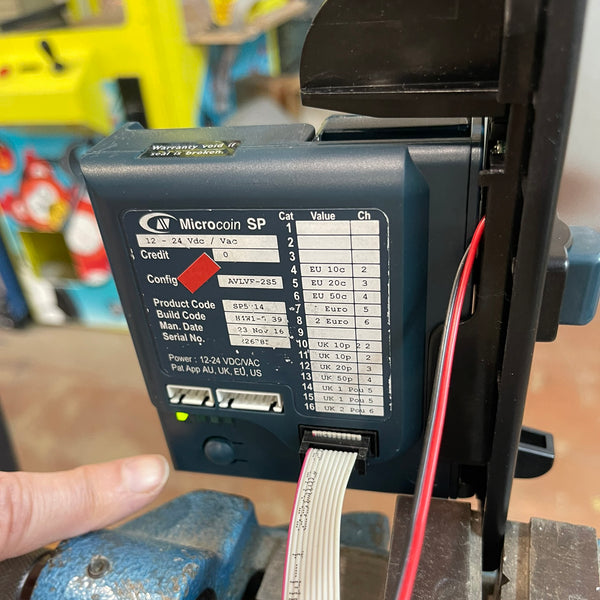
Please make sure your mech has power. Check you can...
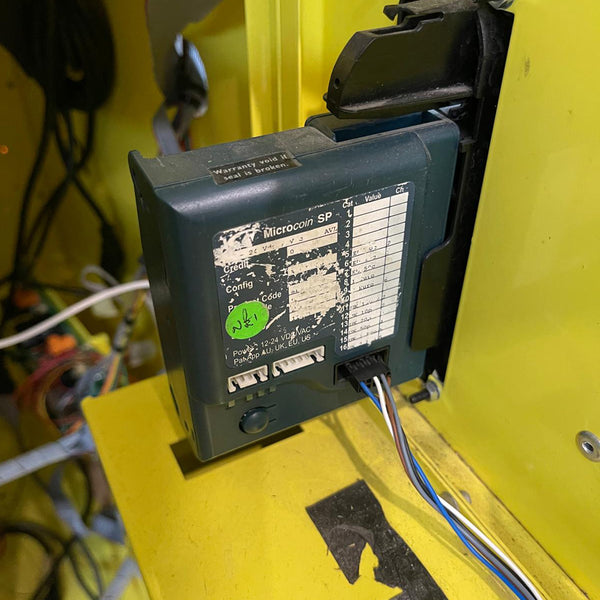
If your grabber crane will not take coins, the first thing...
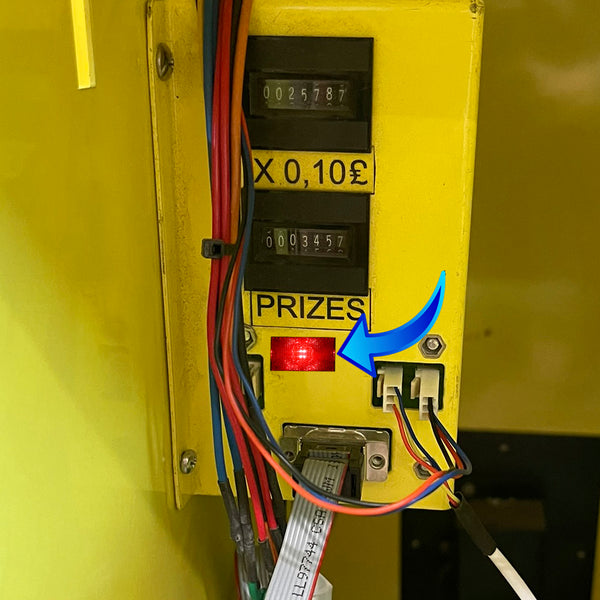
When a sensor is blocked, usually the crane accepts the...
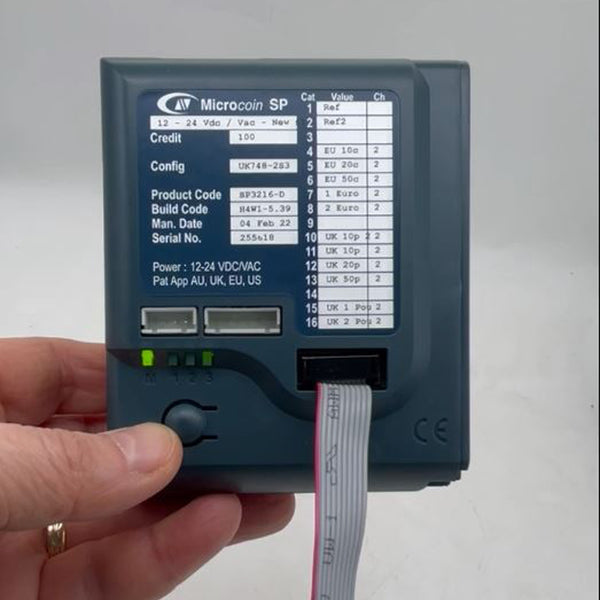
Please make sure your mech has power. You should see the green LED...
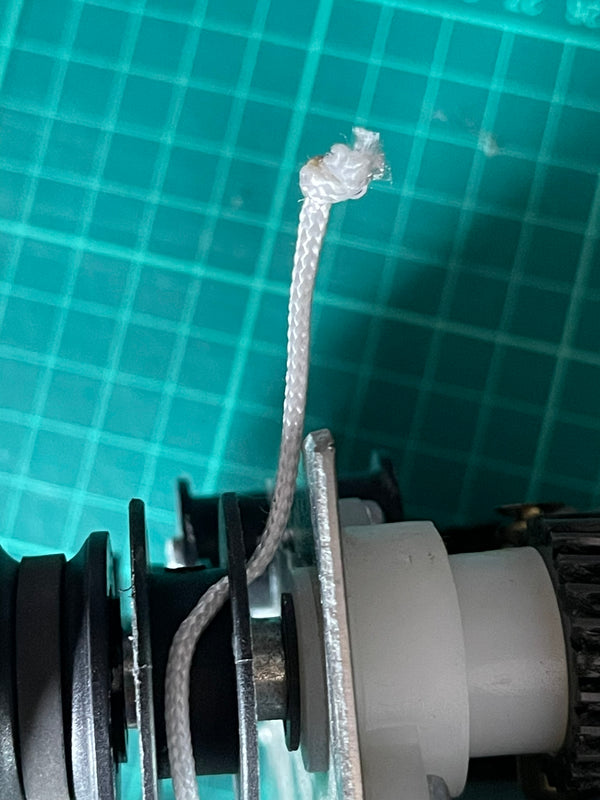
If your grabber claw is continuously going up and down, it is...
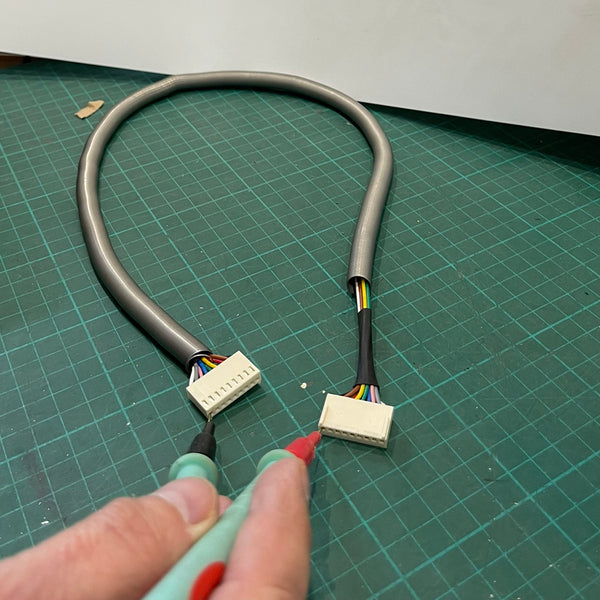
If you maintain grabber crane machines, we suggest you keep...

Is it a good idea to add in special prizes onto...
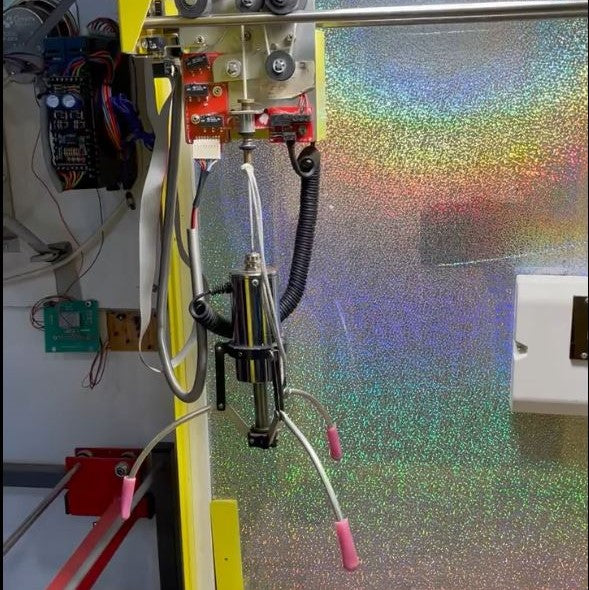
Problems with the grabber claw not picking up?
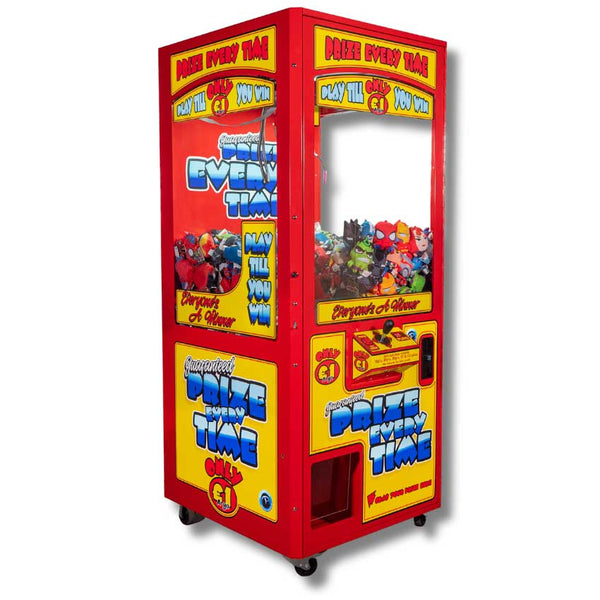
This month Instance Automatics celebrate 30 years of working with Janet...
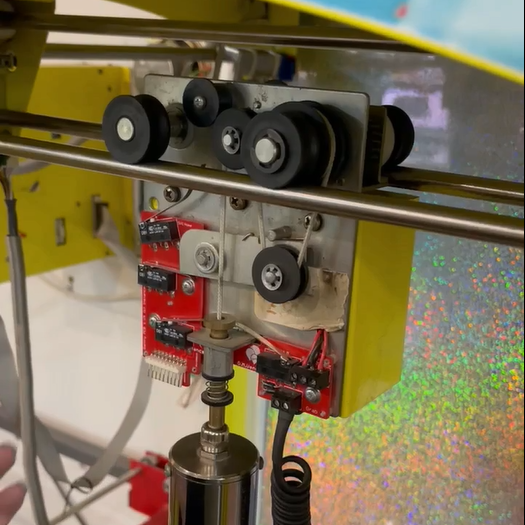
To remove the centre carriage on the gantry or replace it on...
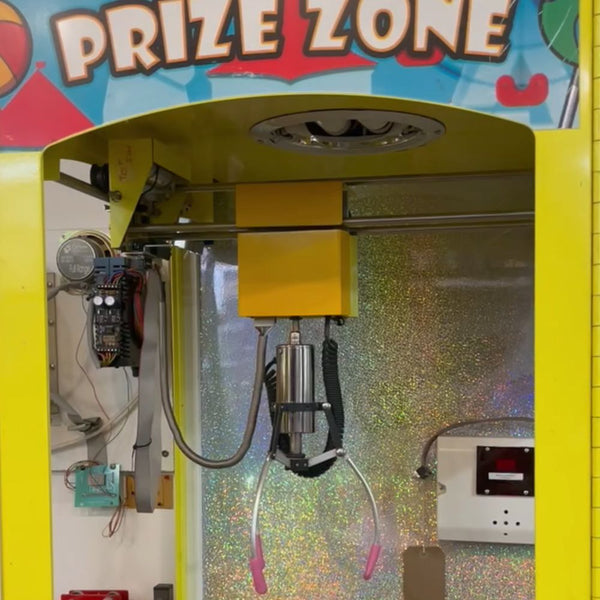
If you operate amusement arcade crane grabber machines, it is quite likely...
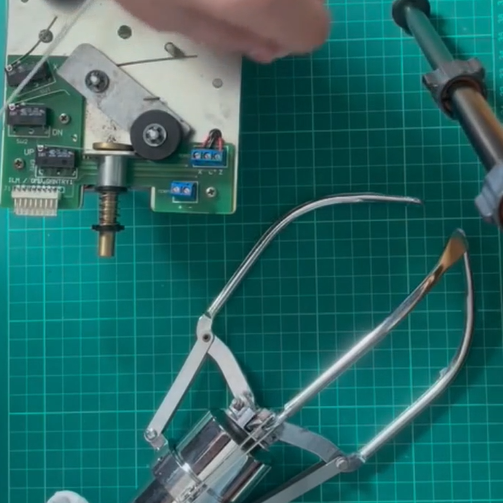
To restring your grab claw as a part of your maintenance...

EAG Expo in London has always...

Kiddie amusement rides have a long...
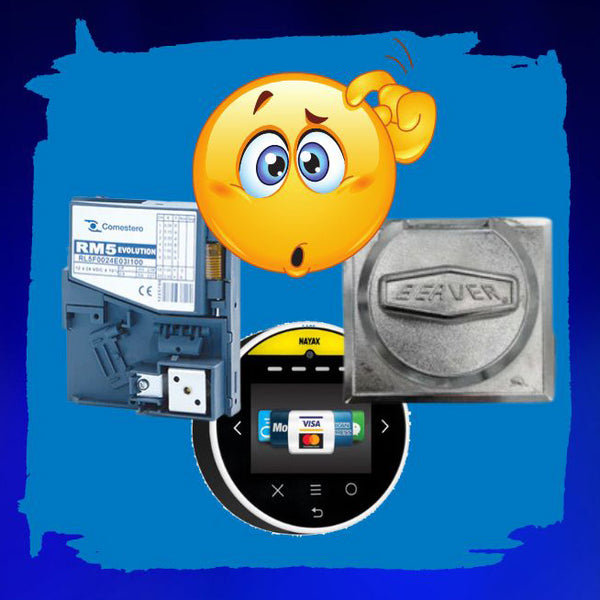
What is a Coin Mech Coin mechs, short for...

Amusement Arcade Machines - Common errors and problems you can fix yourself...

Prize vending capsules come in a range of sizes and prices. We...
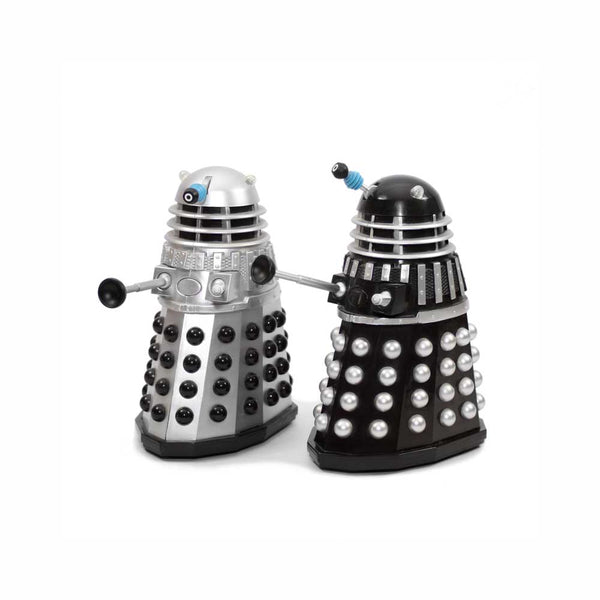
Clear transparent empty vending capsules can be used for all sorts of...
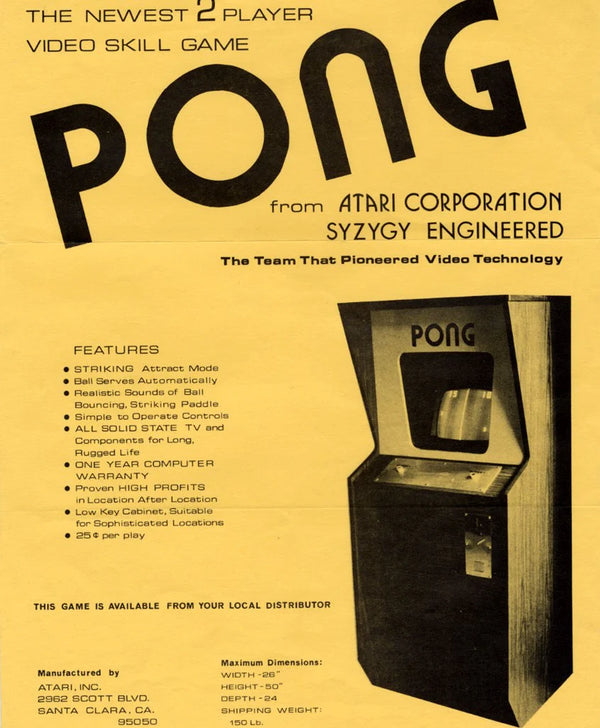
In the 1970s amusement arcades began to change. Banks of mechanical game machines...
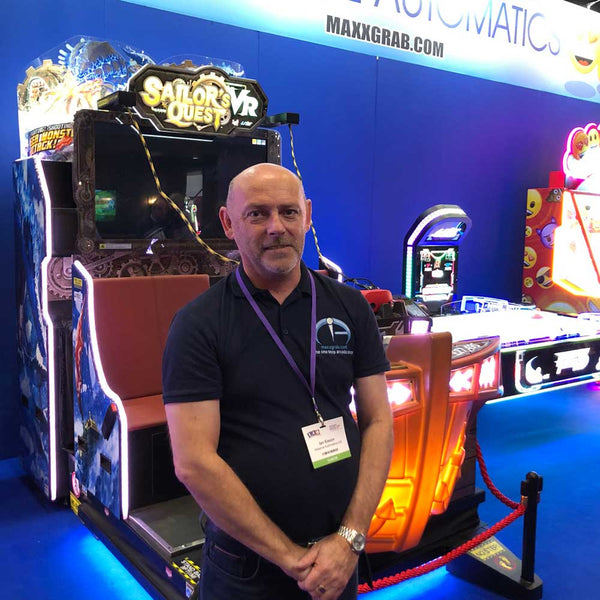
Ian Eason, MD of Instance Automatics, grew up in the sleepy seaside...